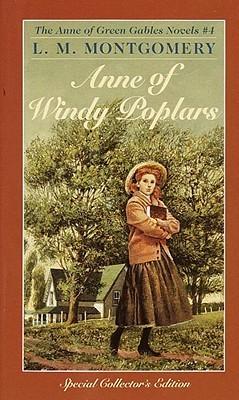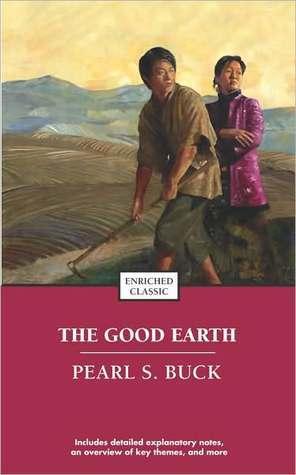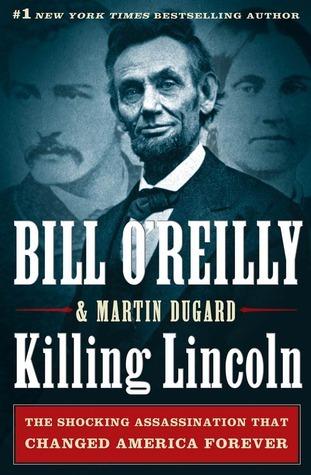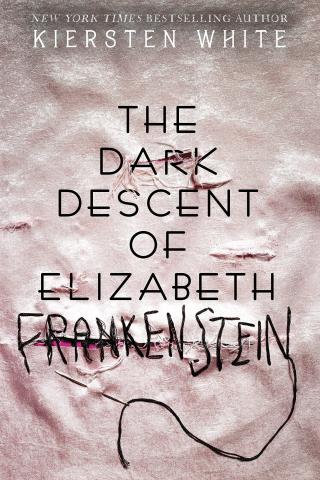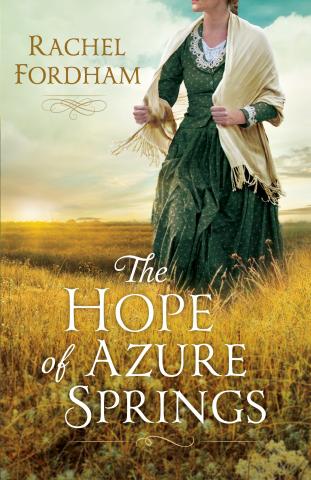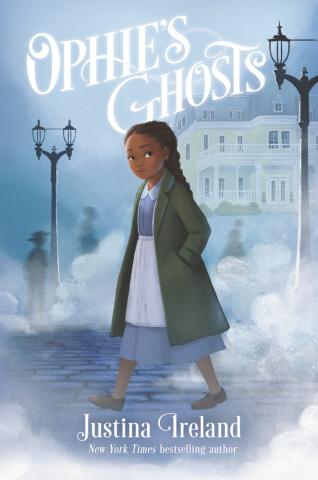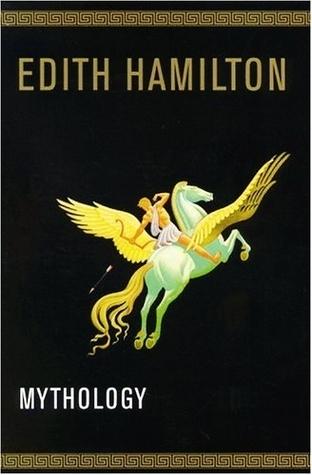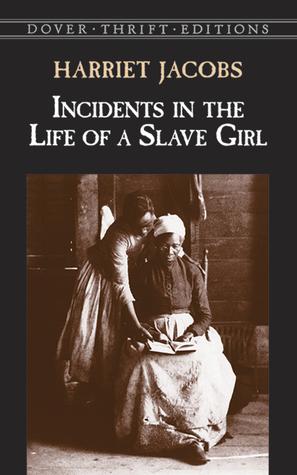Book Review: Anne of Windy Poplars
When Anne finishes her schooling at Redmond, she decides to start a new life away from Green Gables. She finds herself in her tower room at Windy Poplars, befriending two old widows, Aunt Kate and Aunt Chatty. She arrives at Windy Poplars looking for a job. She gets one as the principal of Summerside High School. Anne is then made aware that she was not the person they wanted as the principal, but they couldn’t find anyone better. Over time, Anne also becomes friends with the housekeeper, Rebecca Dew. Anne loves her students, but she greatly misses her lover, Gilbert Blythe, who is currently in medical school. Anne of Windy Poplars is a book in the Anne Of Green Gables series. It was less interesting and active than the other books, but it had a decent plot. I am a person who likes action and drama, but this novel did not satisfy me. Contrasting to the other books in the series, it was very drawn out and not very suspenseful. It left me with the urge to not continue reading. I want a book that makes me want to read more and never stop, but this did not meet those expectations. The only reason I kept reading was to keep the series going. I finally finished the book, and I’m glad I did. The storylines following Anne of Windy Poplars were much more interesting, but the books later on had flashbacks and connections to it.
